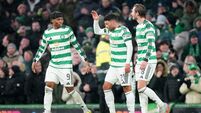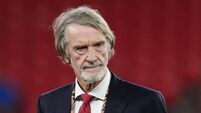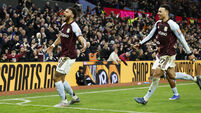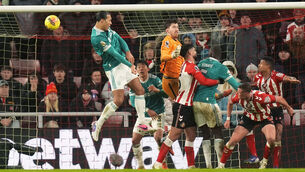Pat Jennings: ‘Everywhere I went people would break into applause’

eicester City will be an inspiration for many of the lesser lights hoping to spring a surprise in France this summer, but Northern Ireland will be summoning the spirit of ’82 as they take on a tough group containing world champions Germany as well as Poland and Ukraine.
Michael O’Neill’s side did superbly to qualify for Euro 2016, earning themselves an all-time high Fifa ranking of 26th in the world as they won a group containing Greece, who were managed by Claudio Ranieiri before he took over at Leicester.














